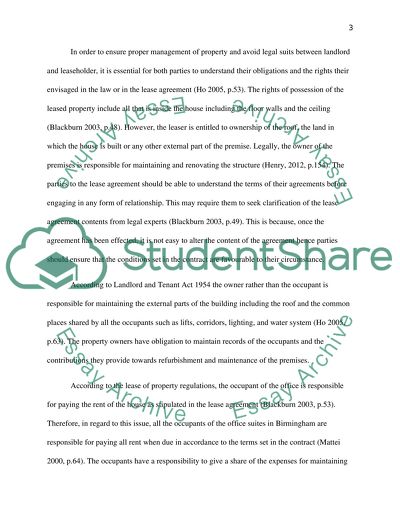Cite this document
(“Property Management, Law & Practice: Scenario Report Essay”, n.d.)
Retrieved from https://studentshare.org/law/1404336-property-management-law-practice-scenario-report
Retrieved from https://studentshare.org/law/1404336-property-management-law-practice-scenario-report
(Property Management, Law & Practice: Scenario Report Essay)
https://studentshare.org/law/1404336-property-management-law-practice-scenario-report.
https://studentshare.org/law/1404336-property-management-law-practice-scenario-report.
“Property Management, Law & Practice: Scenario Report Essay”, n.d. https://studentshare.org/law/1404336-property-management-law-practice-scenario-report.


